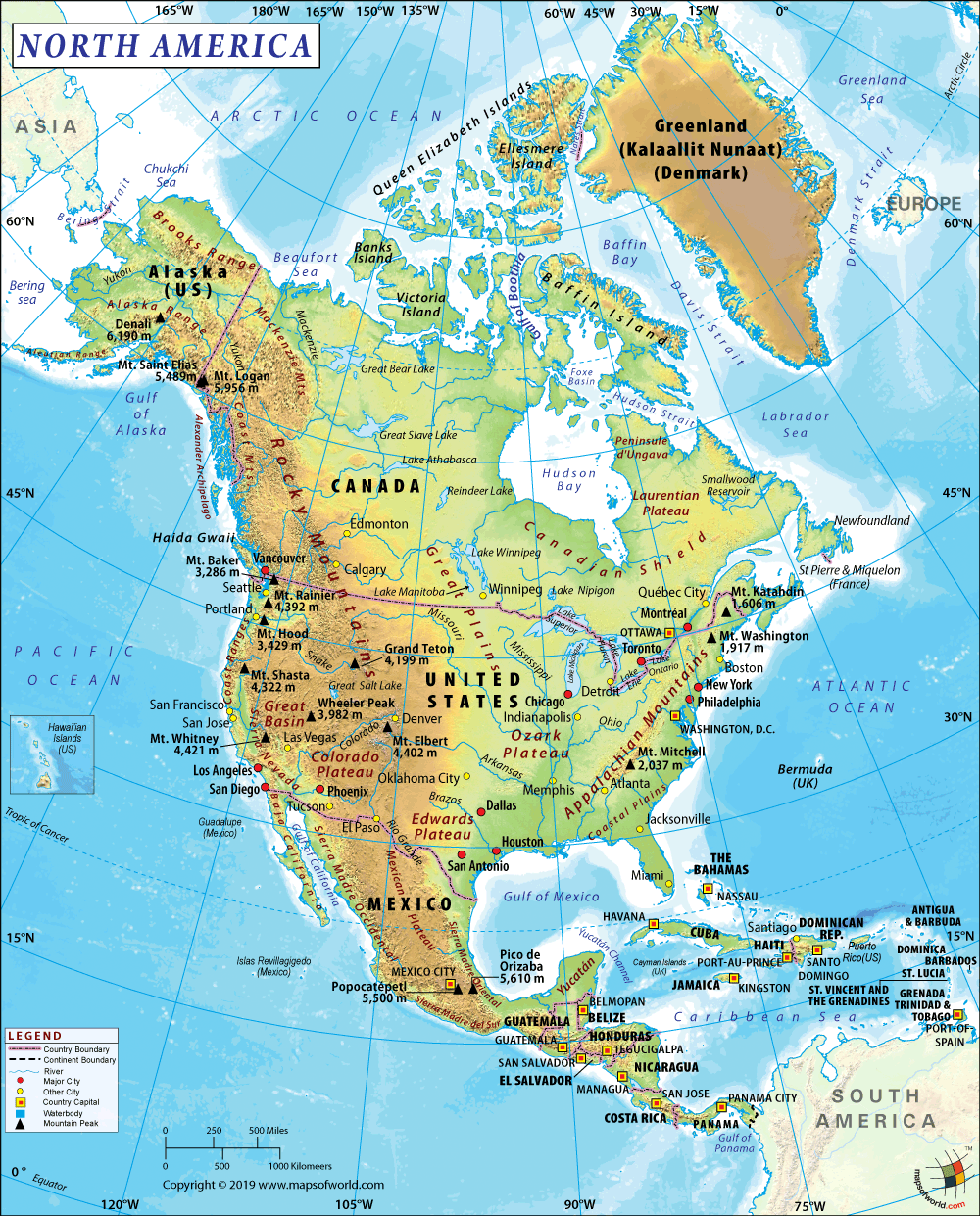What was Haiti’s War of Independence?

Haiti’s War of Independence, also known as the Haitian Revolution, was a series of conflicts between 1791-1804 in the Hispaniola island of North America. The war was initiated and led by the Haitian slaves, against the colonists and French forces in North America. After a decade-long conflict, Haiti became the first country to be formed by former slaves after gaining independence from France.
History of Colonial Rule
Haiti is located on the Hispaniola island in the continent of North America. After a period of gold mining activity by the Spanish that depleted Haiti’s population and resources, France established its own settlements on its land. It was given the name of Saint Domingue, and became famous for its plantations of cotton, coffee, sugar and indigo. Since the plantations required a large work force, the white colonists started importing slaves from Africa.
Revolt of the Slaves
In April 1791, a massive insurgency rose in the north of the island. It was against the plantation system and also offered resistance against racial slavery. The slaves revolted against the ill-treatment and torture in the French colony. Meanwhile, mulattoes (men of color who were free) wanted enhancement of their political and social power. Toussaint-Louverture, a former slave, took control of the rebels. He organized a great war, and in 1795 was able to make peace with France following its abolishment of slavery. However, the peace did not last long. Napolean Bonaparte’s forces invaded the island in 1802. After several months of furious fighting, the blacks defeated the French army at the Battle of Vertieres in 1803. By that time, the French army had already lost a large number of troops to fever and other serious diseases. Napoleon finally acknowledged his defeat and withdrew from North America.
This series of conflicts which took place between the white and the black men during 1791 and 1804 came to be known as the Haitian Revolution. In between, there were a number of coincidental conflicts which ended with a fragile truce between both the parties. Eventually, it led to the permanent abolition of slavery in Haiti. In January 1804, Haiti emerged as the second independent nation in the Americas. Jean Jacques Dessalines was chosen as the governor-general of Haiti, who declared permanent abolition of slavery in the country.
Causes of Haitian Revolution
Several causes are linked with the Haitian revolution, but the most relevant ones are:
- Regional Conflicts
In addition to the class and racial tension existing amongst the people in Haiti, the country was going through a series of regional conflicts which were taking place all over the island. The country was polarized by the regional rivalries between the north, south and the west regions. The north region was the most dominating, as it was the centre of shipping and trading. Enslaved Africans felt relative isolation in the northern part, which forced them to revolt.
- Social Stratification
The colony was a prosperous one, but the slaves were overworked and brutally ill-treated. They were deprived of the basic necessities which ultimately agitated them. They began to feel like liberating themselves from the rich European masters. In addition, the free men of color, or mulattoes, though not against slavery, resented the lack of social status compared to the Europeans. The conflict reached a flashpoint, which led the slaves to revolt and launch a major uprising against the Europeans.
- Effect of the French Revolution
All the revolutions taking place around the world were highly influenced by the French Revolution of 1789. The French Revolution advocated for human rights, universal citizenship and participation in the government. The revolution ignited a spirit within the enslaved blacks and they finally mustered the strength to revolt against the colonial malpractices.
- Brutality
The precarious conditions and initial cruelty of the Europeans against the blacks were the triggers that bred the revolution. It was the ill-treatment that sparked a demand for change within the individuals.
- Effects of the Haitian Revolution
The effect of the Haitian revolution was a massive one which could be felt all over America. The country was deeply affected by the patterns formed under the French colonial rule. However, freedom was given to all. The state became free from both slavery and the rule of the captives. It was a great move defining a new milestone in the history of racism.
Related Links:

